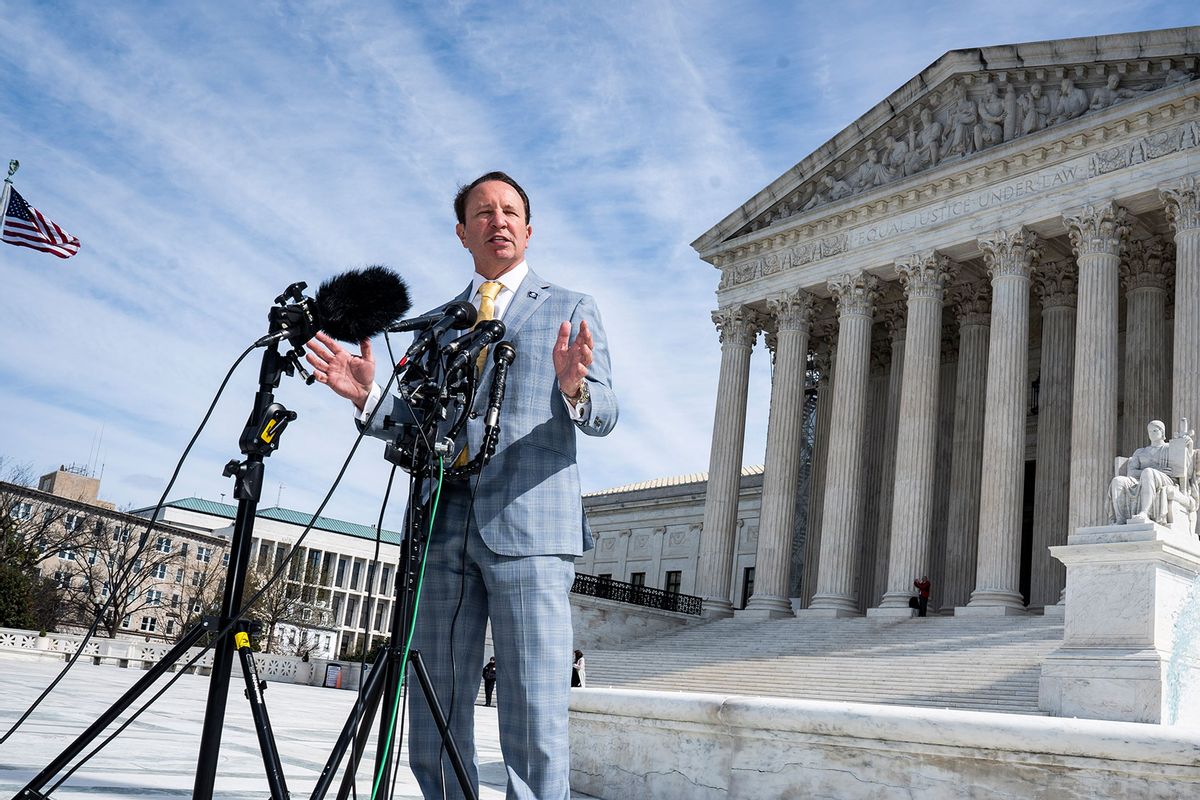A collective of national and local news organizations filed a federal lawsuit after a Louisiana law that bans taking photos or videos of police officers from less than 25 feet away took effect on Thursday.
New Orleans nonprofit paper Verite News, as well as national media players Gannett, Gray, Nexstar, Scripps and Tegna, were named as plaintiffs in the suit to stop the law, which punishes violators with a fine of up to $500 or up to 60 days in jail.
“The Act has grave implications for the ability of reporters and news organizations, including Plaintiffs, to exercise their First Amendment rights,” the suit, filed in the U.S. Middle District Court of Louisiana read, adding that it “grants law enforcement officers limitless, standardless discretion to prevent journalists from approaching near enough to document the way officers perform their duties in public places.”
The controversial law, signed by Republican Governor Jeff Landry in May, would shield officers from disruptive bystanders, police argue. But critics say these protections already exist, questioning why officers would feel threatened by filming alone.
"People need to feel like they can observe and record the state exercising its police power, whether that's on Bourbon Street or the side of the road," Scott Sternberg, a lawyer for the plaintiffs told the Times-Picayune. "There is so much subjectivity in this law, and it is so unbelievably vague."
Journalists and civilian activists alike questioned the purpose of the plan, which made Louisiana the fourth state to enact such legislation. Other bans came in the wake of George Floyd’s murder, which was captured on a cell phone video by Darnella Frazier from less than 10 feet away.
The 25-foot distance is particularly troubling for journalists, who argue that specific details can be obscured on most cameras and microphone devices from so far away.
“You can’t even get an officer’s badge number at 25 feet. So there’s no way to hold anyone accountable,” photojournalist Cherri Foytlin told ProPublica.
“Reporters would not be able to hear at 25 feet whether an officer identified themselves as law enforcement or provided Miranda warnings,” the suit reads.



Shares